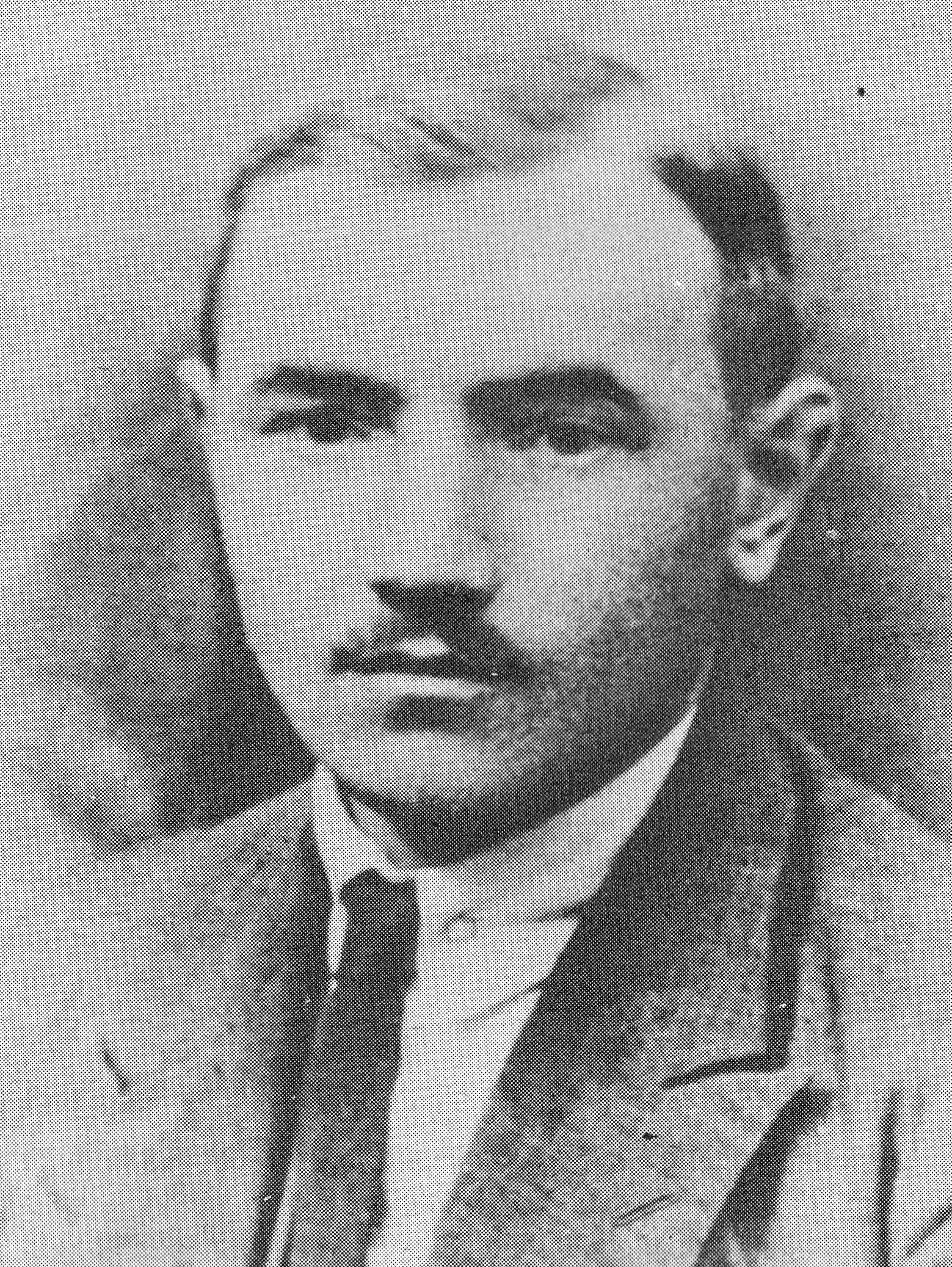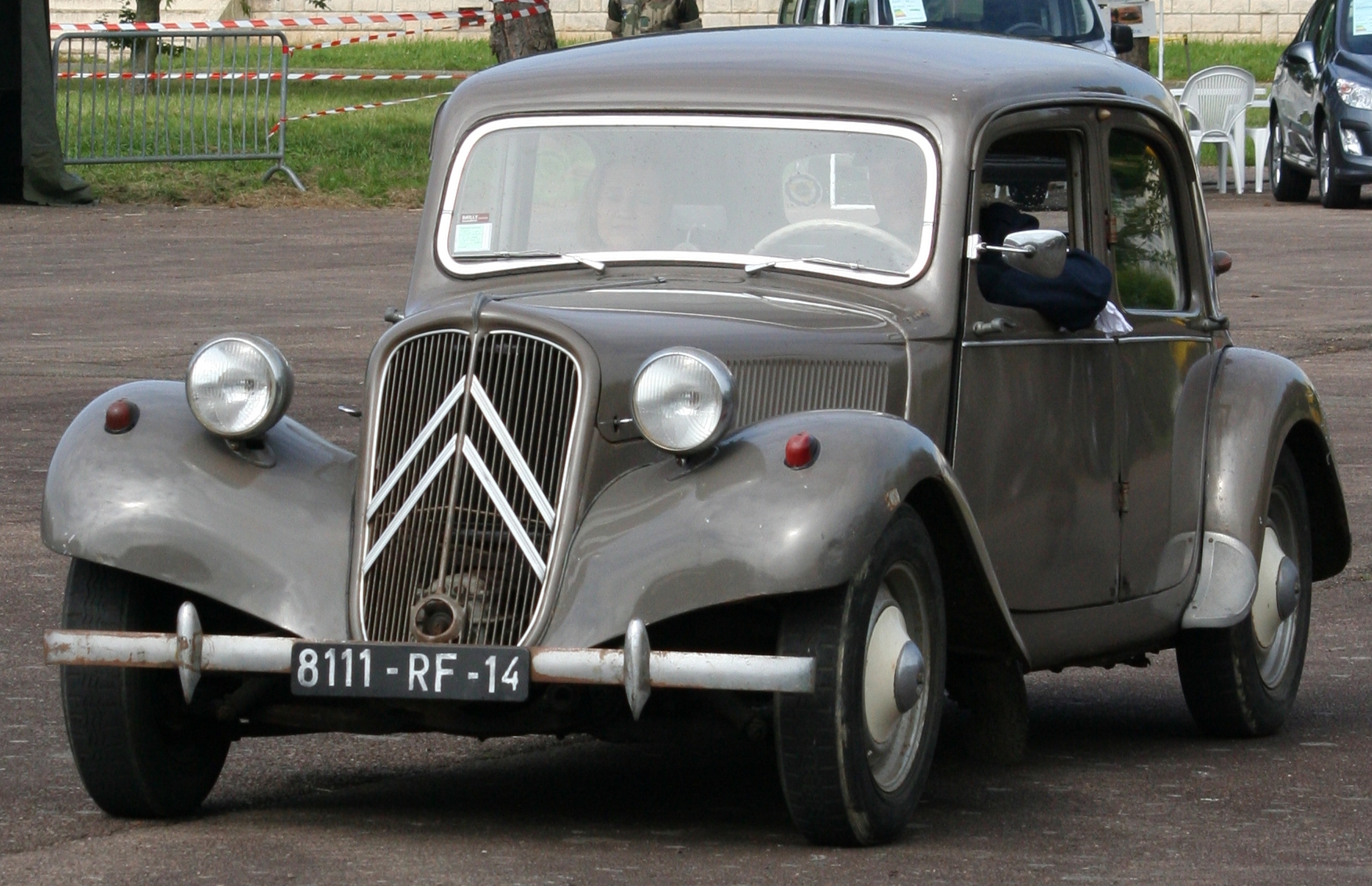|
1957 Polish Legislative Election
Parliamentary elections were held in Poland on 20 January 1957.Dieter Nohlen & Philip Stöver (2010) ''Elections in Europe: A data handbook'', p1491 They were the second election to the Sejm – the unicameral parliament of the People's Republic of Poland, and the third ever in the history of Communist Poland. It took place during the liberalization period, following Władysław Gomułka's ascension to power. Although conducted in a more liberal atmosphere than previous elections, they were far from free. Voters had the option of voting ''against'' some official candidates; ''de facto'' having a small chance to express a vote of no confidence against the government and the ruling Communist Polish United Workers Party. However, as in all Communist countries, there was no opportunity to elect any true opposition members to the Sejm. The elections resulted in a predictable victory for the Front of National Unity, dominated by the PZPR. While the elections were a clear victory for ... [...More Info...] [...Related Items...] OR: [Wikipedia] [Google] [Baidu] |
Sejm
The Sejm (English: , Polish: ), officially known as the Sejm of the Republic of Poland ( Polish: ''Sejm Rzeczypospolitej Polskiej''), is the lower house of the bicameral parliament of Poland. The Sejm has been the highest governing body of the Third Polish Republic since the transition of government in 1989. Along with the upper house of parliament, the Senate, it forms the national legislature in Poland known as National Assembly ( pl, Zgromadzenie Narodowe). The Sejm is composed of 460 deputies (singular ''deputowany'' or ''poseł'' – "envoy") elected every four years by a universal ballot. The Sejm is presided over by a speaker called the "Marshal of the Sejm" (''Marszałek Sejmu''). In the Kingdom of Poland, the term "''Sejm''" referred to an entire two- chamber parliament, comprising the Chamber of Deputies ( pl, Izba Poselska), the Senate and the King. It was thus a three-estate parliament. The 1573 Henrician Articles strengthened the assembly's jurisdiction, m ... [...More Info...] [...Related Items...] OR: [Wikipedia] [Google] [Baidu] |
Bolesław Bierut
Bolesław Bierut (; 18 April 1892 – 12 March 1956) was a Polish communist activist and politician, leader of the Polish People's Republic from 1947 until 1956. He was President of the State National Council from 1944 to 1947, President of Poland from 1947 to 1952, General Secretary of the Central Committee of the Polish United Workers' Party from 1948 to 1956, and Prime Minister of Poland from 1952 to 1954. Bierut was a self-educated person. He implemented aspects of the Stalinist system in Poland.Jerzy Eisler, ''Siedmiu wspaniałych. Poczet pierwszych sekretarzy KC PZPR'' he Magnificent Seven: first secretaries of the PZPR pp. 32–35. Wydawnictwo Czerwone i Czarne, Warszawa 2014, . Together with Władysław Gomułka, his main rival, Bierut is chiefly responsible for the historic changes that Poland underwent in the aftermath of World War II. Unlike any of his communist successors, Bierut led Poland until his death. Born in Congress Poland on the outskirts of Lublin, Bierut ... [...More Info...] [...Related Items...] OR: [Wikipedia] [Google] [Baidu] |
Democratic Party (Poland)
The Alliance of Democrats ( pl, Stronnictwo Demokratyczne, SD) is a Polish centrist party. Initially formed in 1937, the party underwent a revival in 2009, when it was joined by liberal politician Paweł Piskorski, formerly a member of Civic Platform. History Formation (1937-1939) The Alliance of Democrats has its origins in the Democratic Clubs, which were opposed to authoritarian and nationalistic tendencies in the Second Republic of Poland between the two World Wars (1919–1939). The first club was founded in Warsaw in September 1937, and by 1938 there were clubs in all major urban centres, with active participation of the co-founders of Polish independence, whose primary objective was ensuring a fully democratic political system in Poland. The national founding convention of the Alliance of Democrats was held on 15 April 1939. The Declaration of Policy included such issues as improvement of the national economy, a development plan to raise the level of education, a ... [...More Info...] [...Related Items...] OR: [Wikipedia] [Google] [Baidu] |
Polska Agencja Prasowa
The Polish Press Agency ( pl, Polska Agencja Prasowa, PAP) is Poland's national news agency, producing and distributing political, economic, social, and cultural news as well as events information. The agency has 14 news desks in its headquarters in Warsaw and 24 regional bureaux. As of 2013, PAP had nearly 500 employees and associates, including 300 journalists in Warsaw, 70 regional correspondents, 40 photojournalists and 30 foreign correspondents (among others in Berlin, Brussels, Kiev, London, Madrid, Moscow, New York, Paris, Rome, Sofia, Stockholm, Washington and Vilnius). In May 2018, PAP launched an English-language news portal called Thefirstnews.com that focuses mainly on events in Poland, claiming that international media did not always portray the country "entirely accurately" and with the goal of reaching "specific opinion-forming circles" with the help of social media." In 2019 the company announced plans to extend its foreign correspondent network to additional cou ... [...More Info...] [...Related Items...] OR: [Wikipedia] [Google] [Baidu] |
Internetowa Encyklopedia PWN
''Internetowa encyklopedia PWN'' (Polish for ''Internet PWN Encyclopedia'') is a free online Polish-language encyclopedia An encyclopedia (American English) or encyclopædia (British English) is a reference work or compendium providing summaries of knowledge either general or special to a particular field or discipline. Encyclopedias are divided into articles ... published by Wydawnictwo Naukowe PWN. It contains some 80,000 entries and 5,000 illustrations. External links ''Internetowa encyklopedia PWN'' Online encyclopedias Polish online encyclopedias Polish Scientific Publishers PWN books {{online-encyclopedia-stub ... [...More Info...] [...Related Items...] OR: [Wikipedia] [Google] [Baidu] |
WIEM Encyklopedia
WIEM Encyklopedia (full name in pl, Wielka Interaktywna Encyklopedia Multimedialna - "Great Interactive Multimedia Encyclopedia"; in Polish, ''wiem'' also means 'I know') is a Polish Internet encyclopedia. The first printed edition was released in mid-1990s, with the second in 1998, it contained about 66,000 entries and various multimedia add-ons. It was released online in 2000 by the Polish web portal A web portal is a specially designed website that brings information from diverse sources, like emails, online forums and search engines, together in a uniform way. Usually, each information source gets its dedicated area on the page for displa ... Onet.pl on the basis of ''Popularna Encyklopedia Powszechna i Multimedialna'' ("Popular General and Multimedia Encyclopedia"). From 2004 to 2 March 2006 it was not free, however before and after it was free to access. As of the 9th online edition in 2006, it contains 125,000 entries. External links Homepage Polish online encyclop ... [...More Info...] [...Related Items...] OR: [Wikipedia] [Google] [Baidu] |
Służba Bezpieczeństwa
The Ministry of Public Security ( pl, Ministerstwo Bezpieczeństwa Publicznego), commonly known as UB or later SB, was the secret police, intelligence and counter-espionage agency operating in the Polish People's Republic. From 1945 to 1954 it was known as the Department of Security (, UB), and from 1956 to 1990 as the Security Service (, SB). The initial UB was headed by Public Security General Stanisław Radkiewicz and supervised by Jakub Berman of the Polish Politburo. The main goal of the Department of Security was the swift eradication of anti-communist structures and socio-political base of the Polish Underground State, as well as the persecution of former underground soldiers of the Home Army () and later anti-communist organizations like Freedom and Independence (WiN). The Ministry of Public Security was established on 1 January 1945 and ceased operations on 7 December 1954. It was the chief secret service in communist Poland during the period of Stalinism. Throughou ... [...More Info...] [...Related Items...] OR: [Wikipedia] [Google] [Baidu] |
Secret Police
Secret police (or political police) are intelligence, security or police agencies that engage in covert operations against a government's political, religious, or social opponents and dissidents. Secret police organizations are characteristic of authoritarian and totalitarian regimes. They protect the political power of a dictator or regime and often operate outside the law to repress dissidents and weaken political opposition, frequently using violence. History Africa Uganda In Uganda, the State Research Bureau (SRB) was a secret police organisation for President Idi Amin. The Bureau tortured many Ugandans, operating on behalf of a regime responsible for more than five hundred thousand violent deaths. The SRB attempted to infiltrate every area of Ugandan life. Asia China In East Asia, the '' jinyiwei'' (Embroidered Uniform Guard) of the Ming Dynasty was founded in the 1360s by the Hongwu Emperor and served as the dynasty's secret police until the collapse of Ming ... [...More Info...] [...Related Items...] OR: [Wikipedia] [Google] [Baidu] |
Secret Ballot
The secret ballot, also known as the Australian ballot, is a voting method in which a voter's identity in an election or a referendum is anonymous. This forestalls attempts to influence the voter by intimidation, blackmailing, and potential vote buying. This system is one means of achieving the goal of political privacy. Secret ballots are used in conjunction with various voting systems. The most basic form of a secret ballot utilizes blank pieces of paper upon which each voter writes their choice. Without revealing the votes to anyone, the voter folds the ballot paper in half and places it in a sealed box. This box is later emptied for counting. An aspect of secret voting is the provision of a voting booth to enable the voter to write on the ballot paper without others being able to see what is being written. Today, printed ballot papers are usually provided, with the names of the candidates or questions and respective check boxes. Provisions are made at the polling place ... [...More Info...] [...Related Items...] OR: [Wikipedia] [Google] [Baidu] |
Poznań 1956 Protests
Poznań () is a city on the River Warta in west-central Poland, within the Greater Poland region. The city is an important cultural and business centre, and one of Poland's most populous regions with many regional customs such as Saint John's Fair (''Jarmark Świętojański''), traditional Saint Martin's croissants and a local dialect. Among its most important heritage sites are the Renaissance Old Town, Town Hall and Gothic Cathedral. Poznań is the fifth-largest and one of the oldest cities in Poland. As of 2021, the city's population is 529,410, while the Poznań metropolitan area (''Metropolia Poznań'') comprising Poznań County and several other communities is inhabited by over 1.1 million people. It is one of four historical capitals of medieval Poland and the ancient capital of the Greater Poland region, currently the administrative capital of the province called Greater Poland Voivodeship. Poznań is a center of trade, sports, education, technology and tou ... [...More Info...] [...Related Items...] OR: [Wikipedia] [Google] [Baidu] |
1961 Polish Legislative Election
Parliamentary elections were held in Poland on 16 April 1961.Dieter Nohlen & Philip Stöver (2010) ''Elections in Europe: A data handbook'', p1491 They were the third elections to the Sejm, the parliament of the People's Republic of Poland, and fourth in Communist Poland. They took place on 15 April. Background The 1961 elections followed the liberalized rules prepared for those in 1957, but compared to the situation five years ago the Polish society was much more apathetic and disappointed with the government. The elections, as all the others under the communist regimes in Poland, were not free and the results of the 1961 elections are considered to be falsified, again a common occurrence of that time. The electoral system was very similar to that in East Germany where ostensibly multiple parties were present but their involvement was tempered by mandatory membership of a "unity list" which was ever loyal to the communist hegemony. In practice, electors only had the choice to ap ... [...More Info...] [...Related Items...] OR: [Wikipedia] [Google] [Baidu] |





